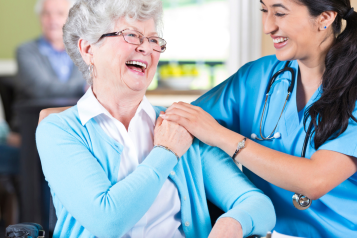Information on coronavirus

For the most up to date information about COVID-19 be sure to check Gov.uk.
Correct as of 21 December 2020
Local restriction tiers: what you need to know
To find your local tier use the postcode checker.
There are 4 tiers for local restrictions:
- Tier 1: Medium alert
- Tier 2: High alert
- Tier 3: Very High alert
- Tier 4: Stay at Home
To find out what you can and can’t do in each tier please click here.
How to self isolate if you or someone in your house has coronavirus
Stay at home and self-isolate. Do not go to work, school, or public areas and do not use public transport or taxis.
Your isolation period includes the day the first person in your household’s symptoms started (or the day their test was taken if they did not have symptoms, whether this was an LFD or PCR test), and the next 10 full days.
For more information about when to self isolate and what this means for families visit the Government website.
How to avoid catching or spreading germs
Do:
-
Cover your mouth and nose with a tissue or your sleeve (not your hands) when you cough or sneeze.
-
Put used tissues in the bin straight away.
-
Wash your hands with soap and water often, and for 20 seconds – use hand sanitiser gel if soap and water are not available.
-
Try to avoid close contact with people who are unwell.
Don't:
-
Do not touch your eyes, nose, or mouth if your hands are not clean.
Face masks - when to wear one
To find out which settings require you to wear a face mask click the link below.
You do not need to wear a face covering if you have a legitimate reason not to. This includes (but is not limited to):
- young children under the age of 11 (Public Health England do not recommended face coverings for children under the age of 3 for health and safety reasons)
- not being able to put on, wear or remove a face covering because of a physical or mental illness or impairment, or disability
- if putting on, wearing or removing a face covering will cause you severe distress
- if you are traveling with or providing assistance to someone who relies on lip reading to communicate
- to avoid harm or injury, or the risk of harm or injury, to yourself or others
- to avoid injury, or to escape a risk of harm, and you do not have a face covering with you
- to eat or drink if reasonably necessary
- in order to take medication
- if a police officer or other official requests you remove your face covering
Advice for people at high risk
The guidance for the clinically extremely vulnerable is that shielding only applies to those that are in tier 4 areas.
To find out more information about the advice for clinically extremely vulnerable and the different tiers, click below.
If you’re clinically extremely vulnerable, you are advised not to enter any area where shielding advice is in place.
Getting tested for Coronavirus (COVID-19)
Guidance on coronavirus testing, including who is eligible for a test, how to get tested and the different types of test available is available on the Government's website.
Further information
NHS England has produced a list of common questions about coronavirus, covering advice for you and your family, how it's caught and spread, prevention, self-isolation, testing and treatment and foreign travel.


